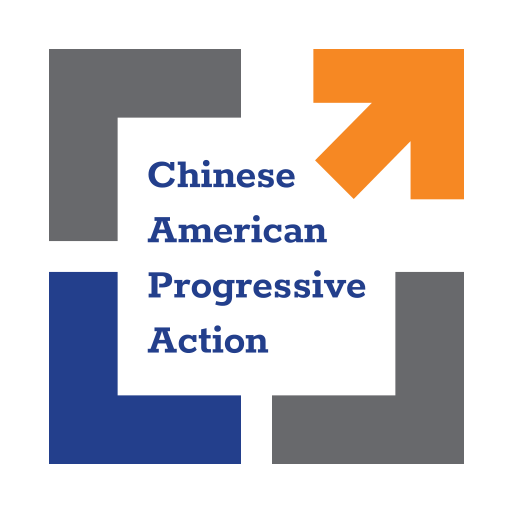Racial Justice
Chinese Americans have long been central to understanding race and ethnicity in the U.S., helping to define what it means to be an American. As targets of discrimination who have fought intensely for civil rights, Chinese Americans have proudly done their part in making our country a more just place. Chinese Americans recognize that racial injustice to any group is a threat to the rights of all Americans, and we believe in standing in solidarity with others in expanding civil rights protections.
A closer look at Chinese American history reveals some of the most shameful periods of America’s past when it comes to race. Beginning from the initial period of Chinese migration to the U.S. in the second half of the 19th century, Chinese faced widespread racial hostility in the form of segregation, mob violence, lynchings, and expulsions. While first viewed by business and agricultural interests as a cheap source of labor that could compete with higher wage immigrants and fill a gap left by freed African Americans during Reconstruction, attitudes against Chinese quickly spread across America. With the passage of the Chinese Exclusion Act in 1882, the U.S. prohibited further migration and formalized the status of Chinese immigrants as second-class residents by preventing them from naturalizing as citizens for over six decades. Even after the repeal of the Act in 1943, a strict quota severely limited the number of Chinese who could immigrate to the U.S. to only 105 people a year for 22 more years. Reforms to this racially discriminatory immigration system finally emerged in 1965 thanks to tremendous pressure from the Civil Rights Movement and the urgent need to improve America’s image in the world.
In overcoming this history, Chinese Americans expanded and deepened the rights for all Americans by challenging systems of discrimination in the U.S. A landmark case brought by a Chinese American, Wong Kim Ark, established the right to birthright citizenship in 1898. In California, Chinese Americans played an instrumental role in bringing down a system of racially restrictive covenants that excluded minorities from moving into certain neighborhoods. In the field of voting rights, Chinese Americans contributed to inclusive reforms to make bilingual ballots available and fought illegal attempts to restrict the right to vote.
The fight for equality by Chinese Americans continues today. In the current era, we encounter anxieties about the presence of Chinese in the U.S. in the form of statements by political leaders and officials that can quickly lead to questions about the loyalty of Chinese Americans and result in discrimination. We continue our push for justice in an overall climate of xenophobia that has spurred more aggressive expressions of racism and a sharp rise in hate crimes since 2016. We commend the Chinese American civil rights leaders who draw attention and push back against anti-Asian sentiment in the U.S.
Chinese in the U.S. comprise an integral part of the diverse fabric our country. Our community’s work on civil rights deepens public perceptions about how Chinese and Asian Americans contribute to a broader conversation about race in the U.S. We believe that it is imperative to make Chinese American voices heard to move forward on racial equality, racial justice, and racial integration in the U.S. As members of an ethnic group frequently pitted against others throughout American history by those who seek to impede economic, social, and civil rights progress, we have an obligation and the privilege to speak out against any attempts to use Chinese Americans and Asian Americans as an instrument of division. To this end, we are committed to a social justice agenda that confronts anti-Asian sentiment and all types of discrimination. We also believe in working actively to combat structural racism and injustice across all policy issues.
